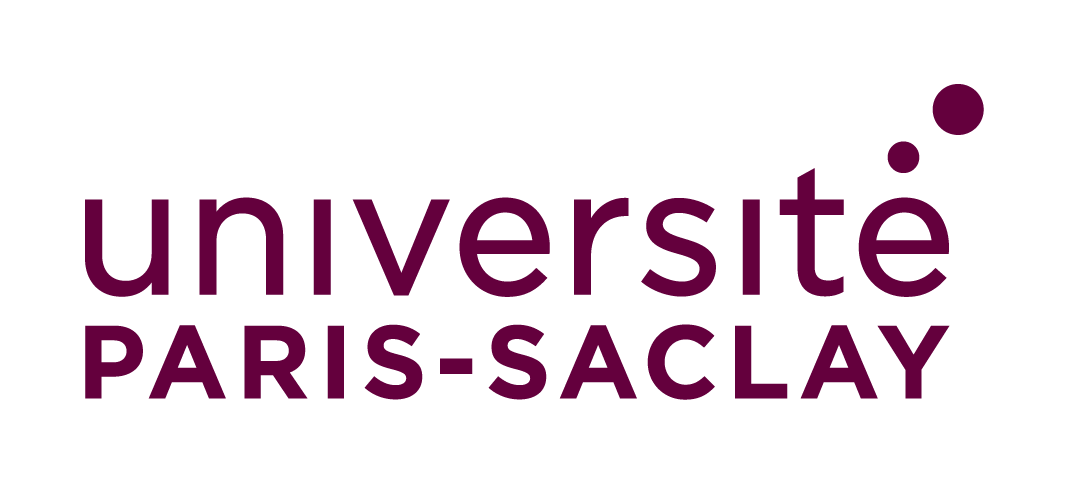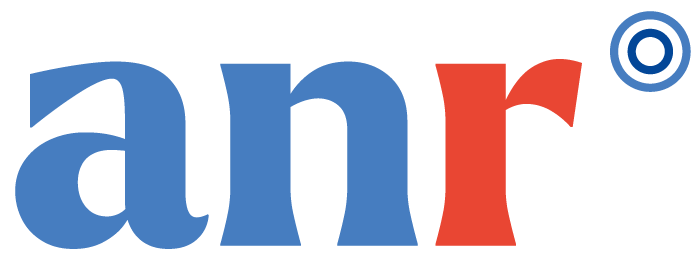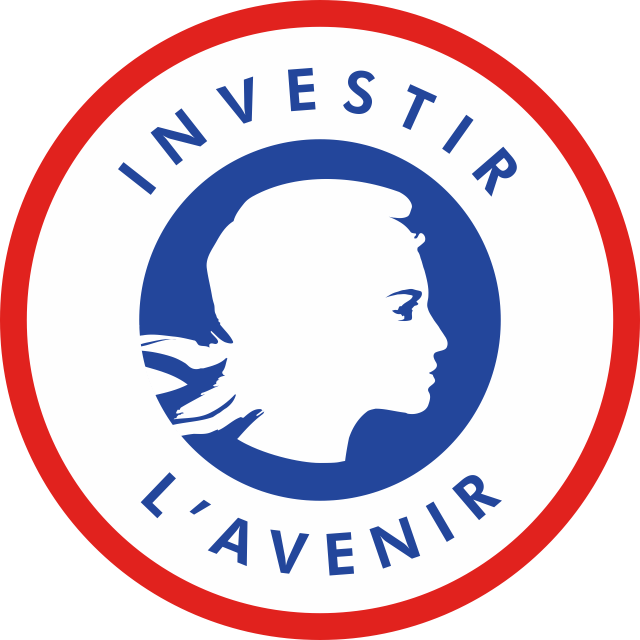2022 Call for Master Grant
Launched in October 2021, this call aims to support the funding of Master internship grants related to at least one of the three Challenges of the CLand project. At its meeting on November 23, the CLand training committee selected the following applications:
- Francesco ACCATINO : Towards quantifying and understanding the network of livestock live transport and its vulnerability
- Laure BAMIERE and Pierre-Alain JAYET : Mesure du stockage additionnel de carbone dans les sols associé aux changements de pratique et d’allocation des terres agricoles dans l’Union européenne
- Pauline BUYSSE : Combining eddy-covariance flux measurements and satellite data to evaluate carbon dioxide emissions and soil carbon stocks at two contrasted French ecosystem ICOS sites
- Nathalie DE NOBLET : Can we explain the horizontal gradients of air temperature and precipitation from land use in two major French regions: the Île de France and the Grand Est region?
- Christophe FRANCOIS : Modélisation de la production des forêts françaises dans le contexte du changement climatique
- David MAKOWSKI : Analysis of the risk of frost in the context of climate change
- Rémi PRUD'HOMME : Land foot print of trees in agroforestry systems
More information on CLand internship offers
👇 Meet the young scientists who have joined the CLand interns team! 👇
2022 CLand Interns
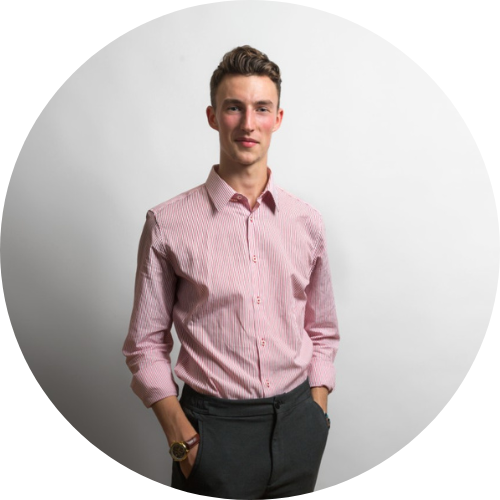 |
Mr. Paul BOSTYNI am finishing my Master 2 degree in sustainable development and geomatics at the university Paris 1 - Panthéon-Sorbonne et l'Ecole Nationale des Sciences Géographiques. Before this Master 2 I studied environmental economics at Paris 1-Panthéon-Sorbonne. My internship (funded by CLand) is on Agroforestry in Sub-Saharan Africa and more specifically on the comparison between the yield of conventional farming and agroforestry. We want to mesure how the agroforestry can impact the yield in comparison with conventional farming. We also want to mesure how many spaces can be free up with the most productive agroforestry. To this purpose we are making a meta-analysis and we model the relationship between yield, distance from the tree and the agroforestry systems. |
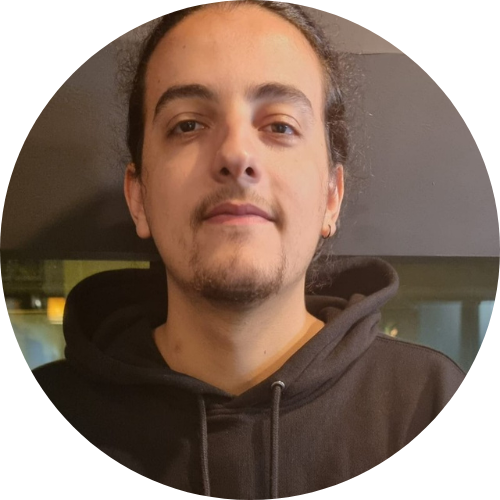 |
Mr. Ziyad OULHAJI am a 2nd year engineering student at École Centrale de Nantes where I study statistics and data science. My internship at INRAE and AgroParisTech revolves around studying the risk of late spring frost in the context of climate change. To this purpose, we model two indicators used to quantify the risk of damaging late frost, using extreme value theory. We then extend our modeling to a spatio-temporal study of the phenomenon with the use of hierarchical models, which explain in different ways the evolution of the said risk in light of climate change. This evolution can be complex in the sense that it can vary spatially and our study could identify sites that have a higher risk of spring frost damage, motivating more efficient preventive measures. |
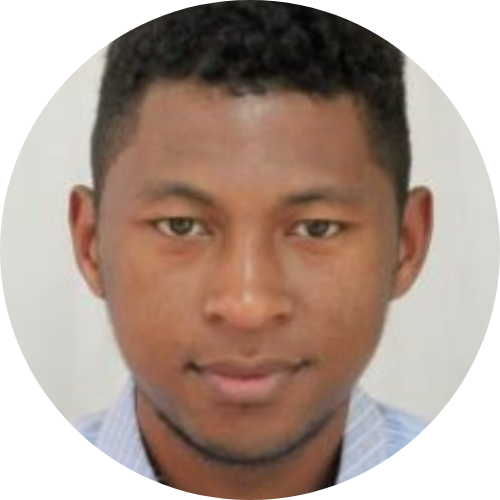 |
Mr. Purco Ralaiarison RALIENI am a master student in Biodiversity, Ecology, Evolution (BEE) of the specialty Dynamics and Modeling of Biodiversity (DYNAMO) at the University of Grenoble Alpes. I am doing my master internship in the Plant Ecophysiology team, Laboratory of Ecology, Systematics and Evolution (ESE), Université Paris Saclay, Orsay. My internship (funded by CLAND convergence institute), titled “Modelling French Forest Production in Relation to Climate Change, aims to understand forest production under climate change by taking into account forest dynamics and silvicultural management using simulation data from the biophysical stand model called CASTANEA. The specific objective of my work is to simulate up to year 2100, the effects of different management scenarios (no management, extensive, trend, intensive), climate models (CNRM, Hadgem, MPI) and CO2 emissions (RCP 4.5 and RCP 8.5) on the production of monospecific stands of Scots pine, beech, oak and spruce. |
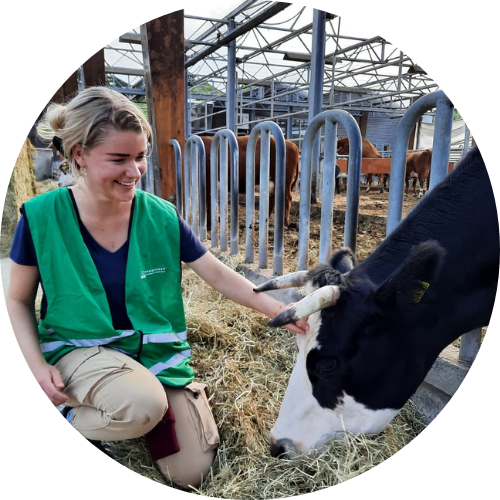 |
Ms. Lisa Marijke VAN DEN BERGIn my bachelor Health and Society at Wageningen University, I developed an interest in healthy and sustainable food systems. Therefore, I started a double master in Communication, Health & Life Sciences and Organic Agriculture. At this moment, I am finishing my research internship at Teagasc in Ireland and in June I will start my internship at INRAE funded by CLAND. The objective of this internship is to investigate the network of livestock transport between countries by truck or by boat. In the next months, I will perform two main activities. The first activity consists of a literature review in order to understand the main drivers (e.g. environmental social, economic or political) of living animals transported across country borders, as well as related issues, like animal welfare and pollution. The second activity consists of making an inventory of the data available for quantifying the phenomenon. |

